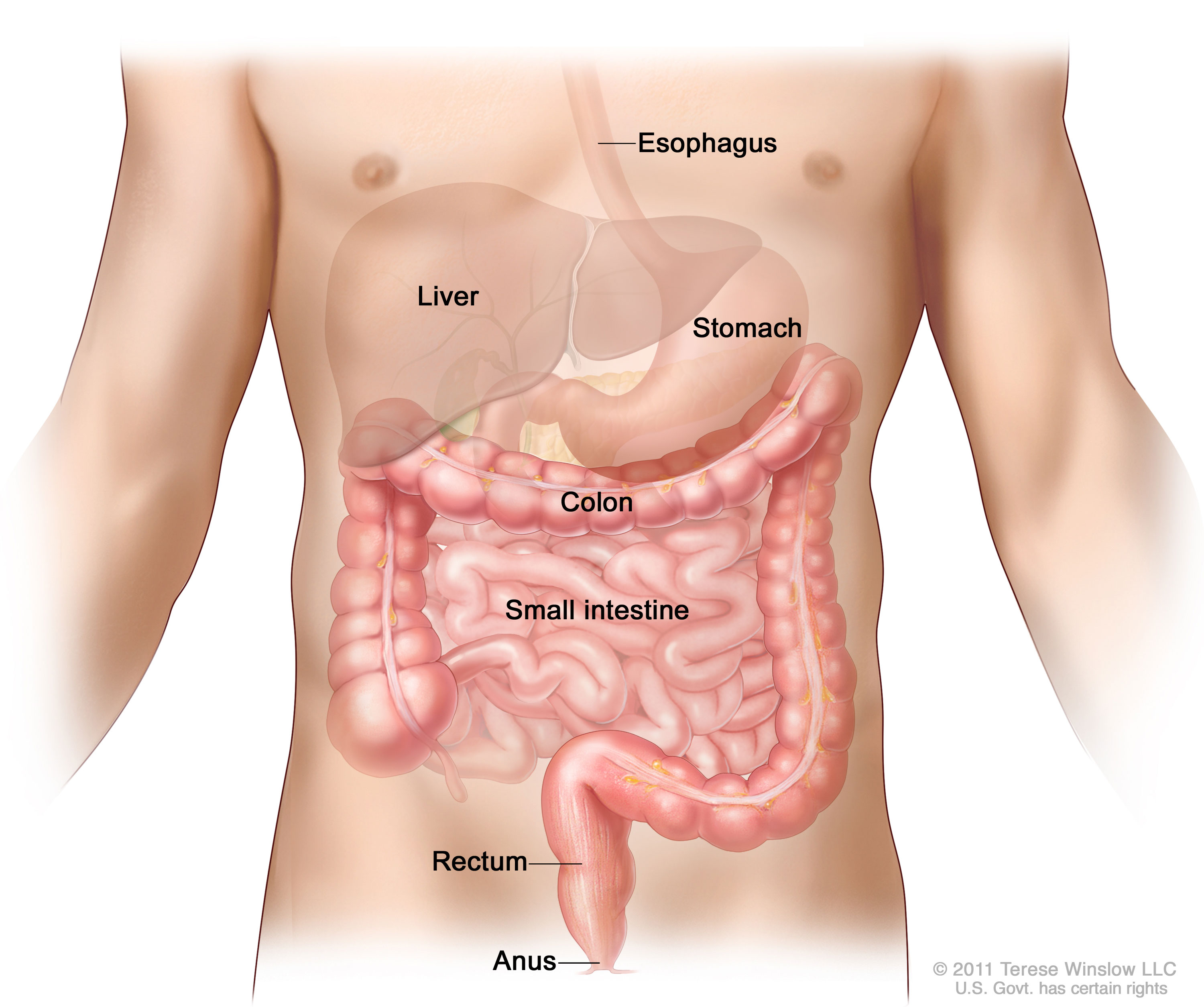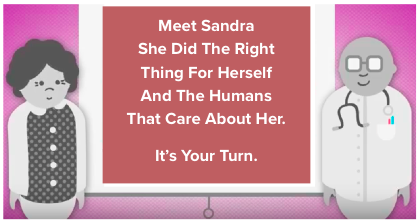Colon Cancer
Risk Factors
Your Colon Cancer Risk Tool
Click the Colon Cancer Risk Calculator Tool from The Siteman Cancer Center to help determine what your colorectal (colon) cancer risk factors are and what you may be able to do to reduce your chances of being diagnosed.
Other Risks May Include:
- Age. People ages 50 or older, but it has been diagnosed in younger people.
- Race. You have a greater risk of being diagnosed if you are black.
- Personal history of colorectal cancer or polyps. If you’ve already had colon cancer, you have a greater risk of colon cancer in the future.
- Family history of colon cancer and colon polyps. You’re more likely to develop colon cancer if you have a parent, sibling or child with the disease.
- Smoking. People who smoke cigarettes may have an increased risk of colon cancer.
- Not exercising. If you’re inactive, you’re more likely to develop colon cancer. Getting regular physical activity may reduce your risk of colon cancer.
- Diabetes. People with diabetes and insulin resistance may have an increased risk of colon cancer.
- Obesity. People who are obese have an increased risk of colon cancer.
- Alcohol. Heavy use of alcohol may increase your risk of colon cancer.
- Not eating healthy. Colon cancer and rectal cancer may be associated with a diet low in fiber and high in fat and calories.
- Inflammatory intestinal conditions. Having ulcerative colitis or Crohn’s disease can increase your risk of colon cancer.
- Inherited syndromes. Genetic syndromes passed through generations of your family can increase your risk of colon cancer.
- Radiation therapy for cancer. Radiation therapy directed at the abdomen to treat previous cancers may increase the risk of colon cancer.
Resources: Cancer.net, CDC and Dana Farber
Learn More About Colorectal (Colon) Cancer Age Guidelines










